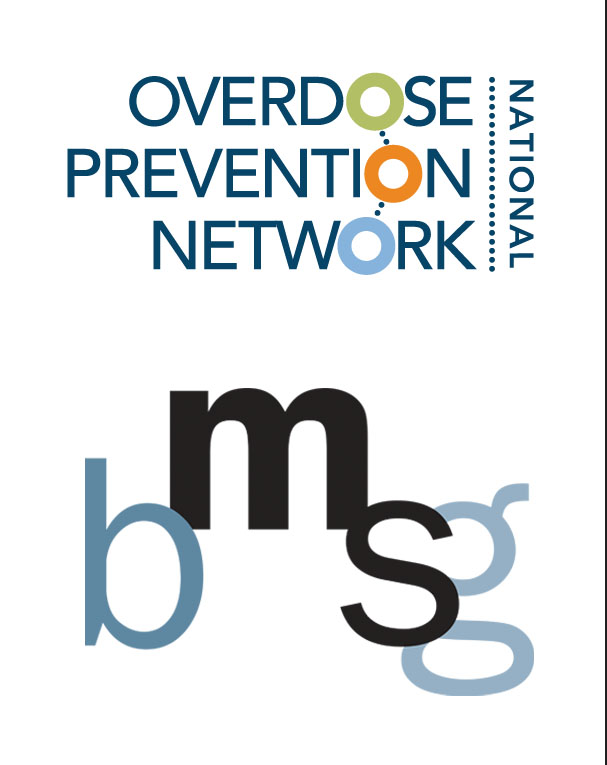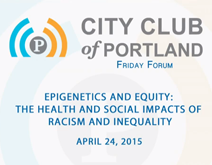Working upstream: Skills for social change [pdf]
Sunday, February 01, 2009Public health needs more practitioners who can bridge the gap between research and practice, and more students who can advocate for social change. Unfortunately, degree-granting public health programs generally do not provide systematic training in advocacy. Recognizing this gap, BMSG worked with professor Susan Sorenson and dean Lawrence Wallack to develop a curriculum and resource guide that could be adapted by public health programs to teach social advocacy. We enlisted the participation of faculty, nonprofit public health leaders, students and recent graduates from across the nation.











